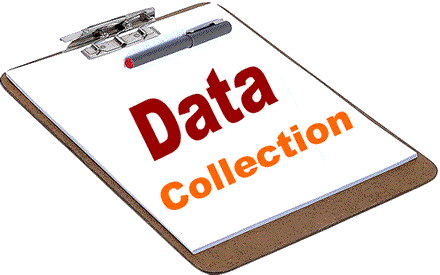#Socks4Dean
Shortly after Mr. Shareski's fiftieth birthday, he received over fifty packages in the mail. Each package contained a pair of socks from people all over the world; some of these people he has never met. Mr. Shareski explained that this is such a powerful representation about the strength of weak ties. Every person who sent Mr. Shareski a package had access to his online accounts. Mr. Shareski used this experience to reconstruct the PLN acronym. PLN initially stands for professional learning network, but Mr. Shareski changed it to personal living network. Mr. Shareski's post proves that networking can go beyond a profession. Networking is broad and allows doors to open in numerous ways.
Who Owns the Data
In this post, Mr. Shareski discusses data. He claims that he has a natural knee jerk reaction to the word data for two reasons. His first reason is that, in most cases, schools go after the low level test scores. In order to record a lot of data, the natural tendency is to turn to the lowest common denominator which collects numerical data that fits perfectly in a spreadsheet. This is the cheap and easy way to collect information. Efficient assessments are expensive and can be messy so most schools do not tolerate this type of collection process. It may make for great conversation, Mr. Shareski exclaims, but doesn't make good graphs. Mr. Shareski's second reason is regarding agency and ownership. Mr. Shareski asks, "Who owns the assessment"? Mr. Shareski believes that the students should own their learning, therefore they should have a say in how their work is assessed. He believes the students should own the data. Data has become increasingly more important to Mr. Shareski. This is because he personally collects his own data which allows him to have a connection with the information collected. This post is an excellent reflection on ways teachers can adapt to students. Data collection is necessary, in certain situations, but it is the teachers responsibility to make sure the student owns that data. Mr. Shareski explains that if the students have a say in the way the data is constructed, collected, or assessed then they will be more engaged and begin to value learning for learnings sake.


I completely agree with the idea that students should own the content that they come up with. It is important that students understand that what they do in class is their own intellectual work, especially when it comes time for papers and projects. Perhaps, like we are doing with Foliotek, there might be a way to do something like that from middle school through high school. A place to gather all of a students work, so that they have their intellectual property on hand.
ReplyDelete